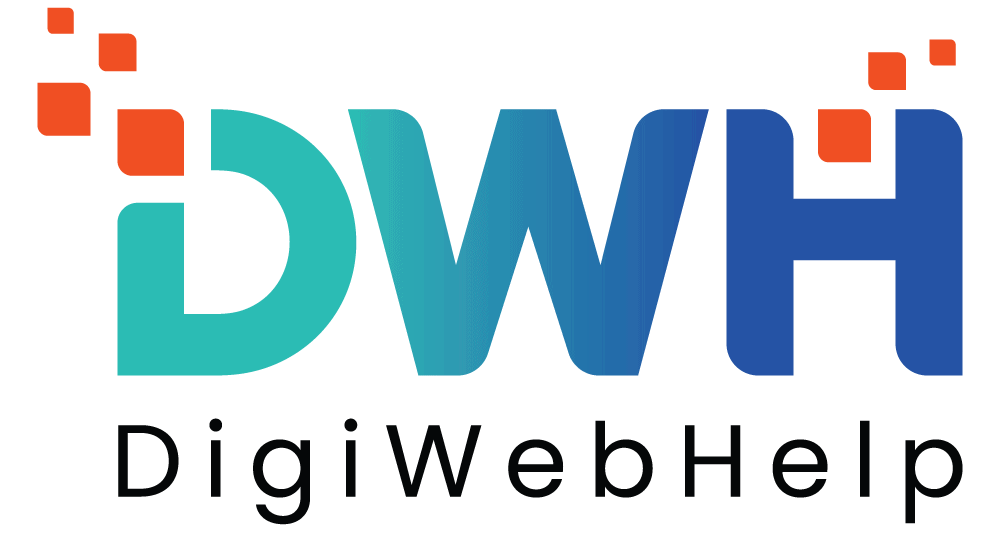- All
- AI-Power
- Content Marketing
- Digital Marketing
- Google Ads
- HubSpot Ads
- HubSpot Marketing
- lead-generation
- marketing
- ppc
- Search Engine Marketing
- SEO
- Social Media Marketing
- Web Development

Automating Lead Generation: Tools and Techniques
In today’s digital age, businesses are constantly looking for effective ways to generate leads and expand their customer base. While traditional methods like cold calling and manual prospecting still have their place, automation has emerged as a game-changer in lead generation. By leveraging the right tools and techniques, businesses can streamline their lead generation process, increase efficiency, and ultimately drive more conversions. In this article, we will explore the power of automating lead generation and discuss the top tools and techniques that can help businesses achieve remarkable results.
Understanding the Importance of Lead Generation
Before we delve into the world of automation, let’s first understand why lead generation is crucial for businesses. In simple terms, lead generation refers to the process of identifying and attracting potential customers who have shown interest in a product or service. By capturing these leads, businesses can nurture them through various marketing strategies, ultimately converting them into paying customers. Effective lead generation not only helps businesses expand their customer base but also increases brand visibility drives revenue growth, and fosters long-term customer relationships.
The Power of Automation in Lead Generation
Automation revolutionizes the lead generation process by eliminating repetitive manual tasks and enabling businesses to focus their time and efforts on high-value activities. By automating lead generation, businesses can:
Save Time and Resources
By automating time-consuming tasks like data entry, email outreach, and lead scoring, businesses can reclaim precious resources. This automation empowers sales and marketing teams to redirect their focus toward building strong relationships and closing deals. With more time and energy available, teams can prioritize meaningful interactions and strategic decision-making, ultimately driving growth and achieving better outcomes in the sales process.
Improve Efficiency
Automation ensures consistency and accuracy in lead-generation activities. It minimizes human error and allows for seamless integration between different tools and platforms, creating a well-coordinated and efficient workflow.
Enhance Personalization
With automation, businesses can segment their leads based on various criteria, such as demographics, interests, and behaviors. This segmentation enables personalized messaging and targeted campaigns, increasing the chances of engagement and conversion.
Track and Analyze Performance
Automation tools offer businesses valuable insights into the performance of their lead-generation endeavors. By monitoring metrics like email open rates, click-through rates, and conversion rates, businesses can assess campaign effectiveness and make data-informed decisions. This data-driven approach empowers businesses to optimize lead generation strategies, resulting in improved outcomes for lead acquisition and nurturing. By utilizing automation tools to analyze key performance indicators, businesses can enhance overall performance, leading to more successful lead generation and increased success in customer acquisition efforts.
Top Tools for Automating Lead Generation
Now that we understand the benefits of automating lead generation, let’s explore some of the top tools that can supercharge your efforts:
Customer Relationship Management (CRM) Software
A robust CRM software serves as the backbone of an automated lead generation system. It allows businesses to centralize their lead data, track interactions, and manage customer relationships effectively. Leading CRM platforms like Salesforce, HubSpot, and Zoho provide comprehensive features such as lead capture forms, contacts management, email automation, and analytics, empowering businesses to automate and optimize their lead-generation process.
Marketing Automation Platforms
Marketing automation platforms enable businesses to create and execute targeted marketing campaigns across multiple channels. These platforms offer features like lead nurturing workflows, email marketing automation, lead score, and behavior tracking. Popular marketing automation tools include Marketo, Pardot, and ActiveCampaign, which integrate seamlessly with CRM systems to provide a holistic lead generation solution.
Social Media Management Tools
Social media platforms are gold mines for lead generation, and managing multiple social media accounts manually can be overwhelming. Social media management tools like Hootsuite, Buffer, and Sprout Social simplify the process by allowing businesses to schedule posts, monitor engagement, and track leads generated from social media campaigns. These tools also provide analytics to measure the impact of social media efforts on lead generation.
Landing Page Builders
Landing pages play a crucial role in capturing leads and converting website visitors into prospects. Landing page builders such as Unbounce, Leadpages, and Instapage enable businesses to create visually appealing and conversion-optimized landing pages without any coding knowledge. These tools offer drag-and-drop functionality, A/B testing, and integration with popular email marketing platforms, making lead generation through landing pages a breeze.
Email Marketing Software
Email marketing remains one of the most effective channels for lead generation. Email marketing software like Mailchimp, ConvertKit, and Sendinblue allows businesses to automate email campaigns, segment leads, and track email performance. These tools provided templates, personalization options, and analytics to maximize the impact of email marketing on lead generation.
Techniques for Effective Automated Lead Generation
While tools are essential, implementing the right techniques is equally crucial to achieving success in automated lead generation. Here are some key techniques to consider:
Lead Scoring
Implement a lead scoring system to prioritize and focus on leads with the highest potential. Assign scores based on factors like engagement level, demographics, and behavior to identify the most qualified leads for sales follow-up.
Personalization
Craft personalized and targeted messages for different segments of your leads. Use their names, reference their specific interests or pain points, and tailor the content to resonate with their needs. Personalization enhances engagement and builds trust.
Multi-channel Engagement
Leverage multiple channels, such as email, social media, and content marketing, to engage with your leads. Create a cohesive omnichannel strategy that delivers consistent messaging and provides multiple touchpoints for lead interaction.
Lead Nurturing Workflows
Develop automated lead nurturing workflows that deliver relevant content at different stages of the buyer’s journey. Map out a series of emails or other content pieces that educate, inform, and guide leads toward making a purchase decision.
Continuous Optimization
Regularly analyze and optimize your automated lead generation campaigns. Monitor key metrics, conduct A/B testing, and make data-driven adjustments to improve performance and maximize conversions.
In conclusion, automating lead generation is a game-changer for businesses seeking to drive growth and increase conversions. By harnessing the power of automation tools and implementing effective techniques, businesses can streamline their lead generation process, save time and resources, and achieve remarkable results. Embrace automation, optimize your workflows, and watch your lead generation efforts soar to new heights.
DigidalWebHelp—we’re always happy to help!

